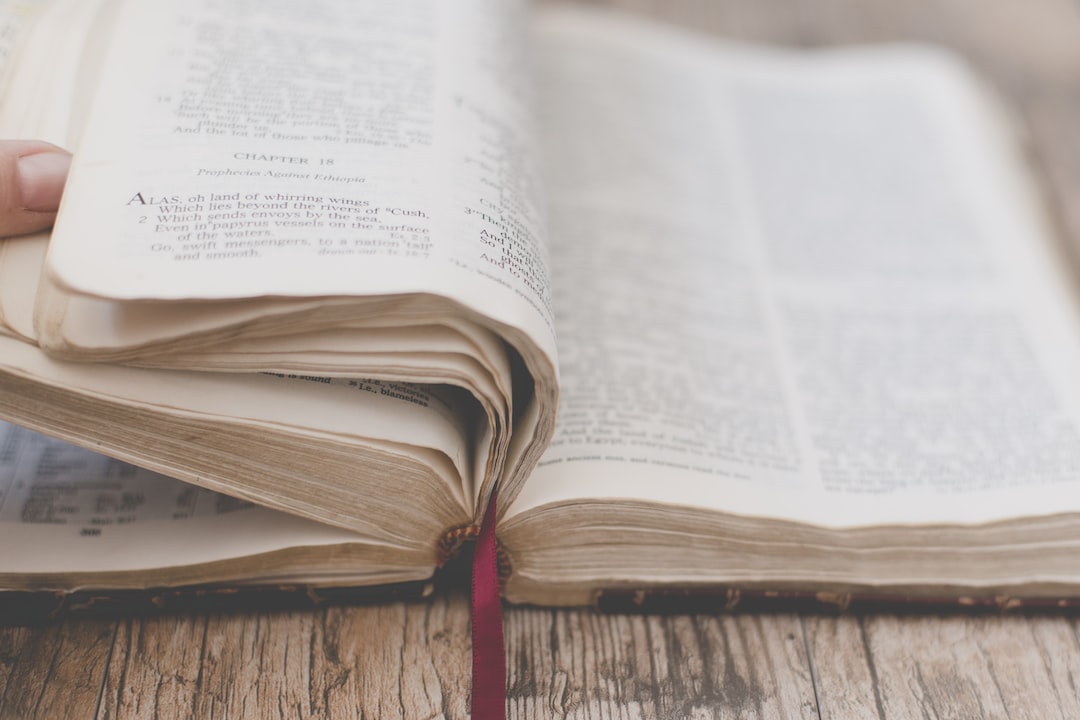The Concept of Predestination: Fate vs. Free Will in Religious Beliefs
Throughout history, the question of predestination has been pondered and debated by religious scholars, theologians, and believers alike. The concept of predestination raises profound questions about the nature of destiny, the role of free will, and the relationship between God and humanity. In religious beliefs, the concept of predestination explores the tension between fate and free will, shaping interpretations of life’s purpose and the actions of individuals. In this blog post, we will delve into the definition of predestination, examine its various interpretations across different religious traditions, and highlight the ongoing debate between fate and free will.
Predestination can be broadly defined as the idea that the ultimate destiny of individuals, or even entire worlds, has been predetermined by a higher power. This entails that everything in the universe, from major events to the smallest actions, is part of a divine plan. The belief in predestination suggests that human choices are not arbitrary, but rather guided by an unseen force controlling the outcome of one’s life.
One prominent interpretation of predestination can be found in Calvinism, a theological branch of Christianity. According to Calvinist doctrine, God, as the ultimate authority, has predetermined the fate of every individual, including their salvation or damnation. This doctrine, known as double predestination, asserts that some are chosen for heaven by God’s grace, while others are condemned to hell due to their inherent sinfulness. Although this idea might seem disheartening to some, Calvinists believe that questioning God’s wisdom is futile, as humans are incapable of grasping the cosmic plan.
On the other hand, many religious traditions emphasize the importance of human agency and free will. In Islam, for example, predestination is known as qadar — the divine decree. Within the Islamic faith, it is believed that God has predetermined everything that will happen, but this does not negate the concept of free will. Muslims believe that humans have the ability to make choices and are responsible for their actions. Rather than acting as passive actors in a predetermined play, they are actively participating in shaping their own destinies.
Similar to Islam, Hinduism presents a complex understanding of fate and free will. The concept of karma, the principle of cause and effect, plays a pivotal role in Hindu belief. Hindus believe that an individual’s actions in past lives determine their present circumstances and future outcomes. This belief reflects a sense of personal responsibility for one’s actions, as the consequences in this life are believed to be a result of past choices. While Hinduism acknowledges the influence of past actions, it also places importance on using one’s free will to act virtuously in order to shape positive future outcomes.
Buddhism, often seen as a philosophy rather than a religion, offers a different perspective on predestination. The concept of karma exists in Buddhism as well, but with a slightly different emphasis. Buddhists believe that predestination is not determined by a higher power, but rather by the individual’s own actions and intentions. While Buddhism acknowledges the presence of forces beyond our control, such as birth circumstances or societal structures, it emphasizes the importance of personal responsibility and the potential for liberation from suffering through the cultivation of mindfulness and compassion.
The debate over fate and free will extends beyond religious traditions. Philosophers and scientists have also weighed in on this age-old question. Some argue that free will is merely an illusion, a construct created by the brain to give us a sense of agency. They contend that our choices are ultimately predetermined by a chain of physical and chemical reactions in the brain, leaving no room for genuine freedom.
Others, however, maintain that free will is a fundamental aspect of human nature, allowing us to shape our own destinies and make moral choices. They argue that without free will, notions of personal responsibility, ethics, and justice would lose their meaning. This perspective emphasizes the role of conscious decision-making and the ability to act in accordance with one’s values and intentions.
In conclusion, the concept of predestination raises deep philosophical and theological questions regarding fate and free will. Different religious beliefs offer diverse interpretations of this concept, highlighting the tension between the predetermined path of destiny and the autonomy of human agency. Ultimately, the question of predestination remains a topic of passionate debate that continues to challenge our understanding of the human condition.

